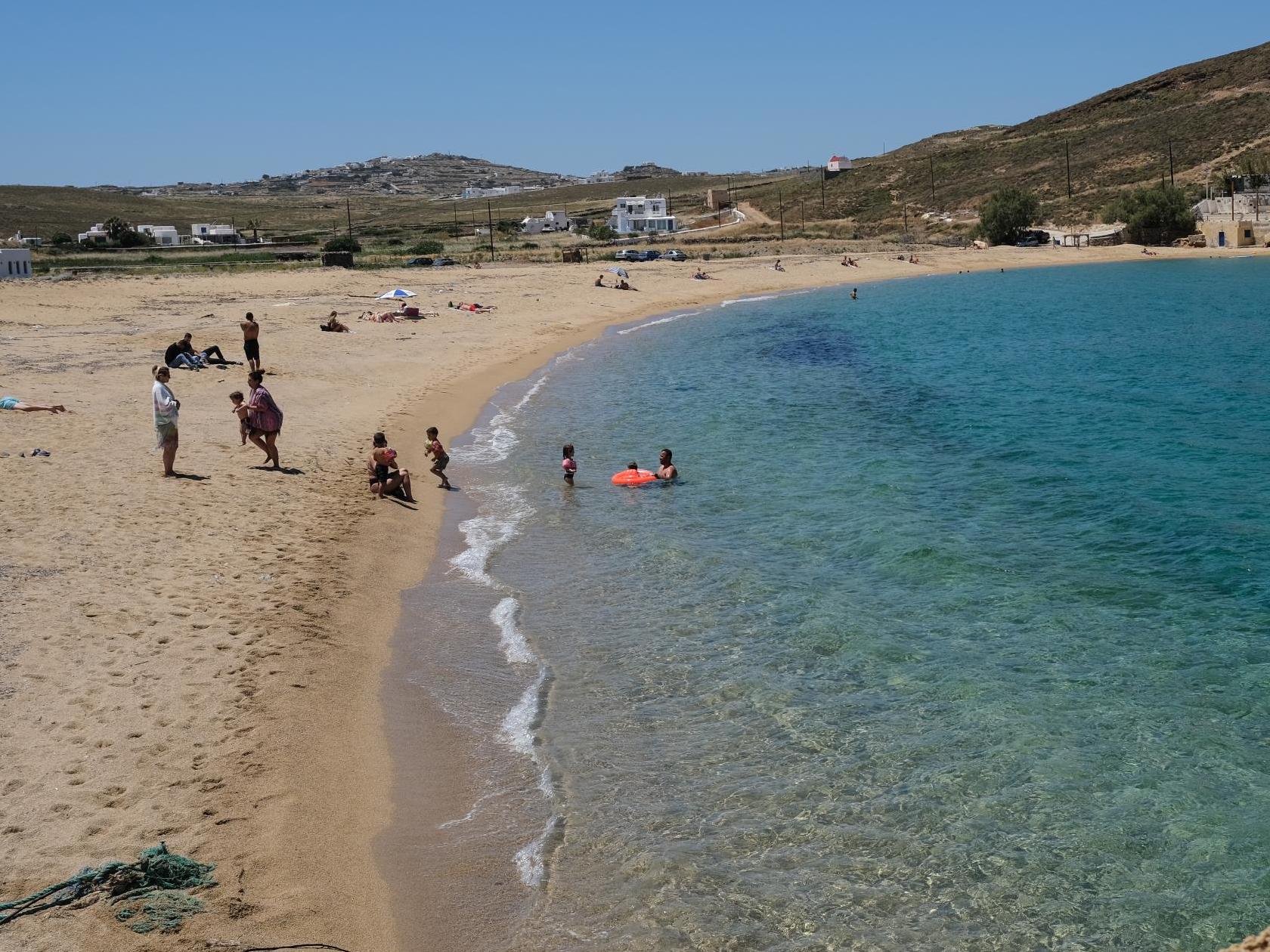The current anxiety about travel reminds me of the 1970s
While the prospect of a visit to France, Spain or even Greece was thrilling, any foreign holiday was steeped in stress, writes Simon Calder


Fraught and uncertain: that summed up pioneering European travel in the 1970s.
While the prospect of a visit to France, Spain or even Greece was thrilling beyond measure for people from “the sick man of Europe”, any foreign holiday was steeped in stress.
Would the UK government allow us to travel? With a £50 limit on spending overseas, successive administrations did their best to keep us holidaying at home.
Could the airline be relied upon to get us there, and in the improbable event that we arrived on time, would the hotel actually be open? So frequent was holiday disarray in the 1970s that much of the consumer legislation we enjoy half-a-century on stems from that decade of strife.
As June gives way to July, I perceive exactly the same apprehension among the travelling public. Once again the UK is the sick man of Europe, this time medically rather than economically.
The government will let some of us travel to some countries from next Monday, but it could be the end of the week before Grant Shapps tells us exactly which ones. And even when the transport secretary reveals the nations he deigns to let is visit, not every successful candidate is delighted with the imminent prospect of UK tourists: on Monday afternoon, British holidaymakers were unceremoniously struck off the invitation list for the “Welcome back to Greece” party in early July.
There are still a few of us stubborn travellers, prepared to juggle with jeopardy for an escape to somewhere less likely to infect us and more likely to excite us.
But we must be prepared for a much more austere journey. Like the charter jet set at Gatwick circa 1970, the flight will depart from a gloomy terminal bereft of entertainment, and involve travelling in an aircraft cabin free of frills.
And when we arrive, who knows what strange new customs and practices have been devised?
The past is a foreign country. And so is the near future.
Yours,
Simon Calder
Travel correspondent
Join our commenting forum
Join thought-provoking conversations, follow other Independent readers and see their replies
Comments